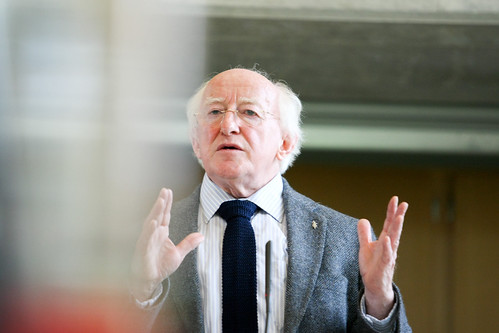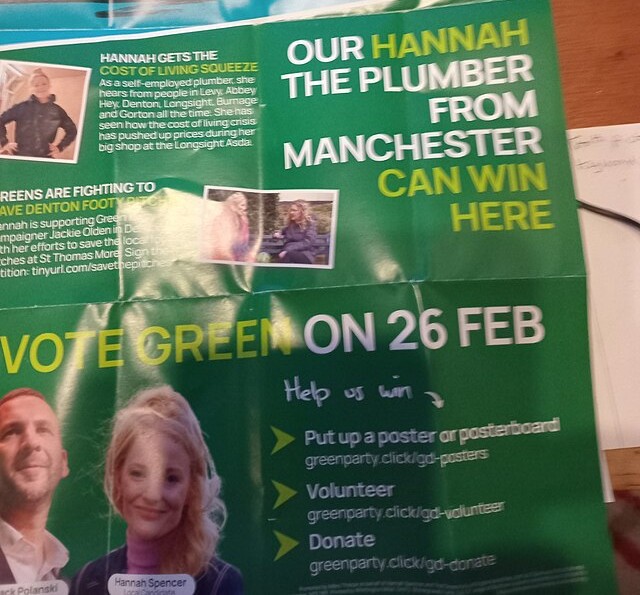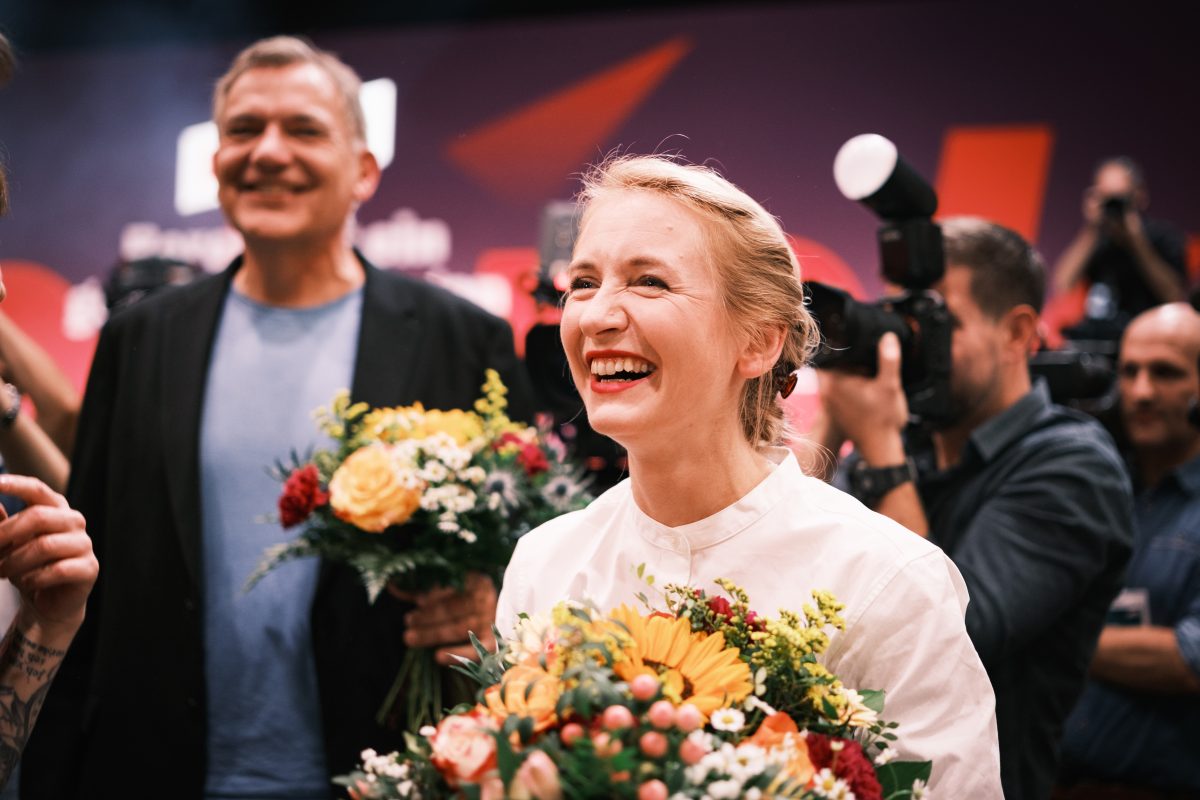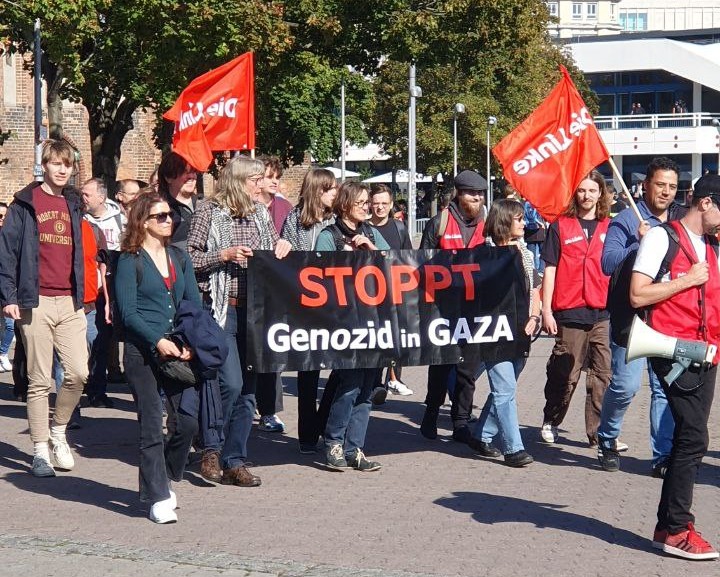On Friday, the 24th of October, Ireland will vote for its tenth President. Politician, poet, and sociologist Michael D. Higgins will be stepping down after his second term as head of state, a term he won in a landslide. Higgins has enjoyed broad public approval. Formerly a Labour Party TD, he leans firmly to the left, and his tenure has been marked by his advocacy for human rights, social justice, and cultural life. He’s not without his critics—nor should any public figure be—but he’s represented the “Land of Saints and Scholars” with a kind of benevolent charm the rest of the world assumes all Irish people possess: poetic, amiable, and chock-full of integrity.
In Ireland, Presidents do not wield sweeping political power. The office is largely ceremonial, far from the executive muscle of its American counterpart. But ceremonial does not mean irrelevant. Irish Presidents shape public discourse. They are moral weather vanes as much as constitutional figures. Mary Robinson and Mary McAleese both demonstrated this: Robinson championed women’s rights and global human rights long before such issues were politically comfortable, while McAleese’s emphasis on peace and reconciliation resonated deeply in post–Good Friday Agreement Ireland. Michael D., in his lilting way, set a tone for a more reflective, humane national identity. So while their powers are technically limited, their words and presence ripple through Ireland’s collective psyche.
This year’s race, however, feels stranger—a bit louder, a bit more online. For a brief, chaotic few weeks, Conor McGregor threatened to enter the race. The MMA fighter (who lost a civil rape case to Nikita Hand earlier this year) seemed to have found a kindred spirit in Donald Trump. Much like Trump, McGregor flirts with alt-right rhetoric, indulges racist dog whistles, and rails against “wokeism”. Blessedly, his presidential ambitions collapsed almost as soon as they began. He was never likely to secure the necessary nominations, but the idea of him bounding around the Áras was enough to make most people break into hives. His withdrawal likely owed more to public outrage than self-reflection, but at least the circus left town before it pitched a tent. I did, however, discover that Lord of the Dance Michael Flatley was briefly rumoured as a potential candidate. A Land of Riverdance sounds better than a Land of Rapists, at least.
With the ring cleared, the election has effectively become a two-horse race: independent left-winger Catherine Connolly and Fine Gael’s Heather Humphreys. Connolly, the more palatable of the two, comes across as principled but curiously flat. Her foreign policy stance begins and ends with “war is bad”—a sentiment few would dispute, but one that feels hollow without any plan for how to prevent or resolve conflict. It’s a familiar liberal affliction: the comfort of good intentions without the discomfort of detail.
Humphreys, by contrast, is more ideologically coherent but less ideologically appealing. To her credit, she’s been firm in describing Israel’s occupation of Gaza as genocide, but otherwise she remains a classic party-line operator. Her track record in Social Protection and Rural Affairs paints her as pragmatic, but hardly radical. Humphreys also has ties to the Orange Order via her husband and has refused to learn Irish despite previously serving as a Gaeltacht Minister.
Adding to the general sense of fatigue is the “Spoil the Vote” campaign, a small but vocal movement urging voters to deliberately invalidate their ballots as a protest against the perceived sameness of both leading candidates. It’s not so much anti-political as it is exhausted. The campaign has gained some traction online, tapping into a wider mood of apathy and frustration. Whether it’s a symbolic act of resistance or just disengagement by another name, it speaks to a growing sense that the system itself is no longer listening.
So where does that leave us? The pros and cons are thinly spread. Connolly represents authenticity and independence, but risks being ineffectual. Humphreys offers experience and competence, but is tethered to a party line that feels increasingly out of step with the electorate. Neither inspires much joy—and perhaps that’s the real story. Ireland has moved from a politics of poetry to a politics of paperwork.
As for the forecast, Connolly is expected to edge out Humphreys, and personally, I’m glad. There are worse things to be than ineffectual, and I would prefer a left-wing independent to take the helm than I would a Fine Gael candidate. That being said, the election feels flat, unmotivated, uninteresting. I wouldn’t be surprised if we see a significant drop in voter turnout on Friday instead of mere vote-spoiling.
Still, it won’t be hard not to miss Michael D.—his measured poetry, his moral steadiness. Whoever replaces him will inherit not just the title, but the expectation of grace. That’s a tough act to follow, even without a UFC fighter in the wings.




